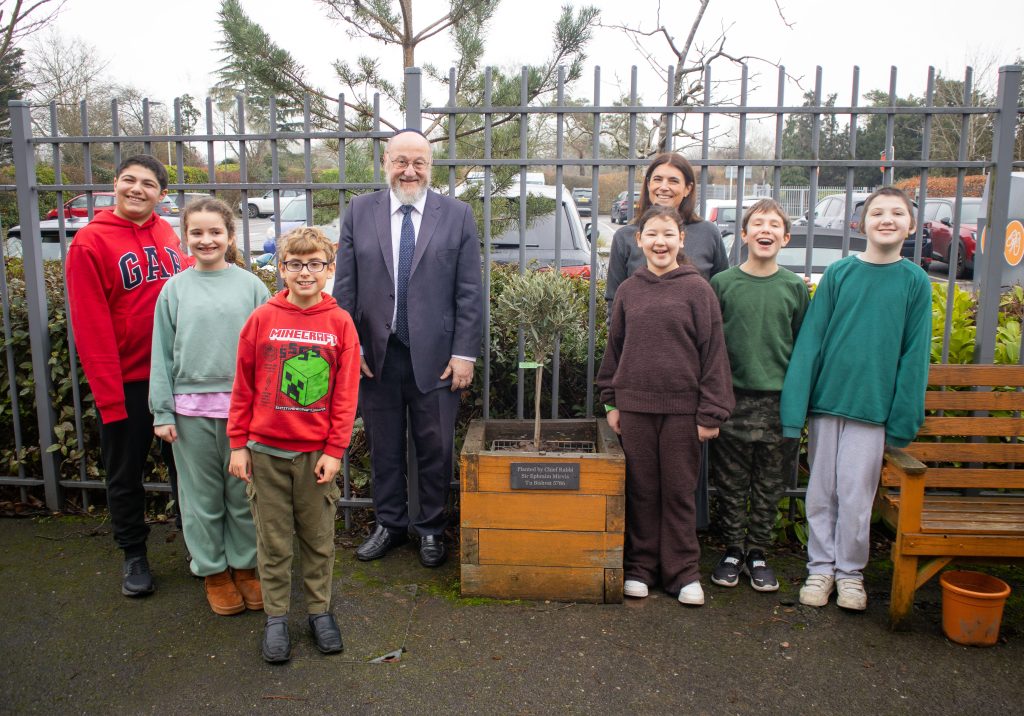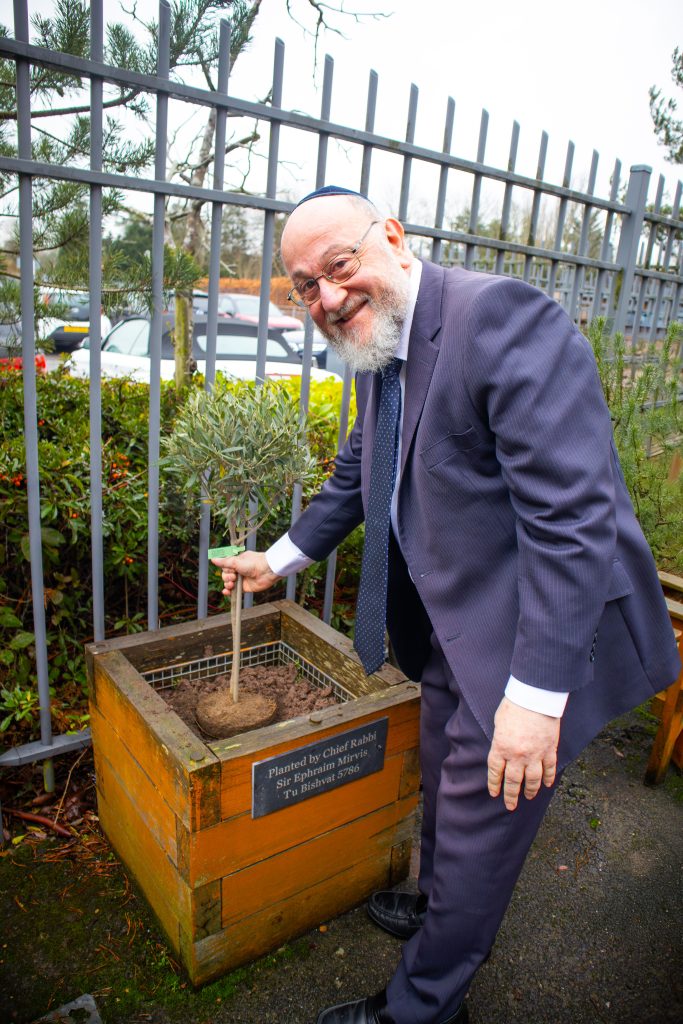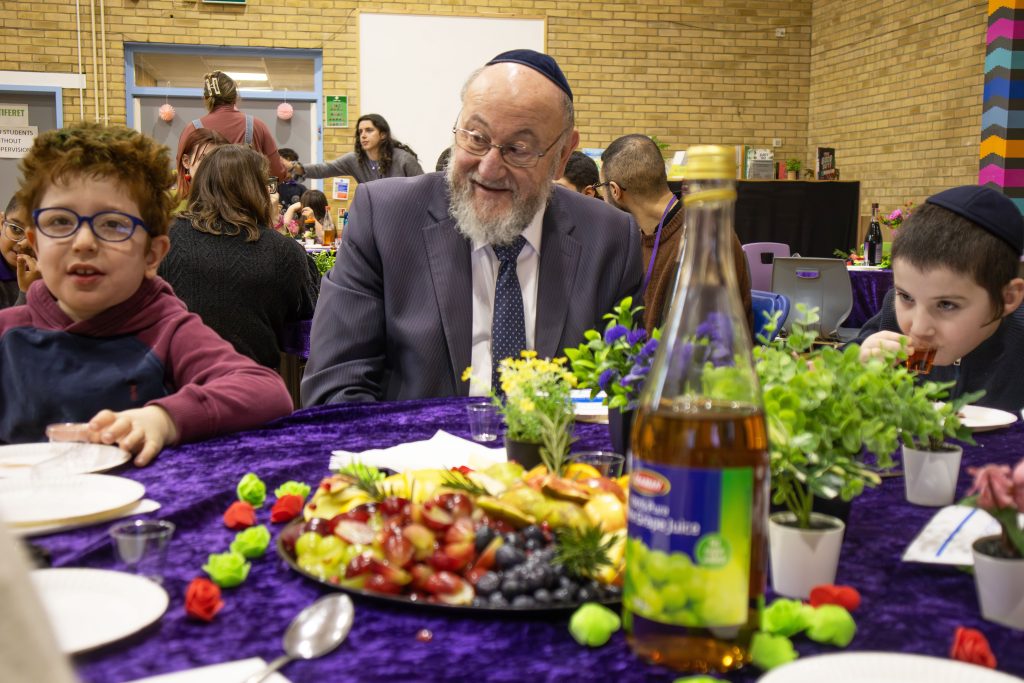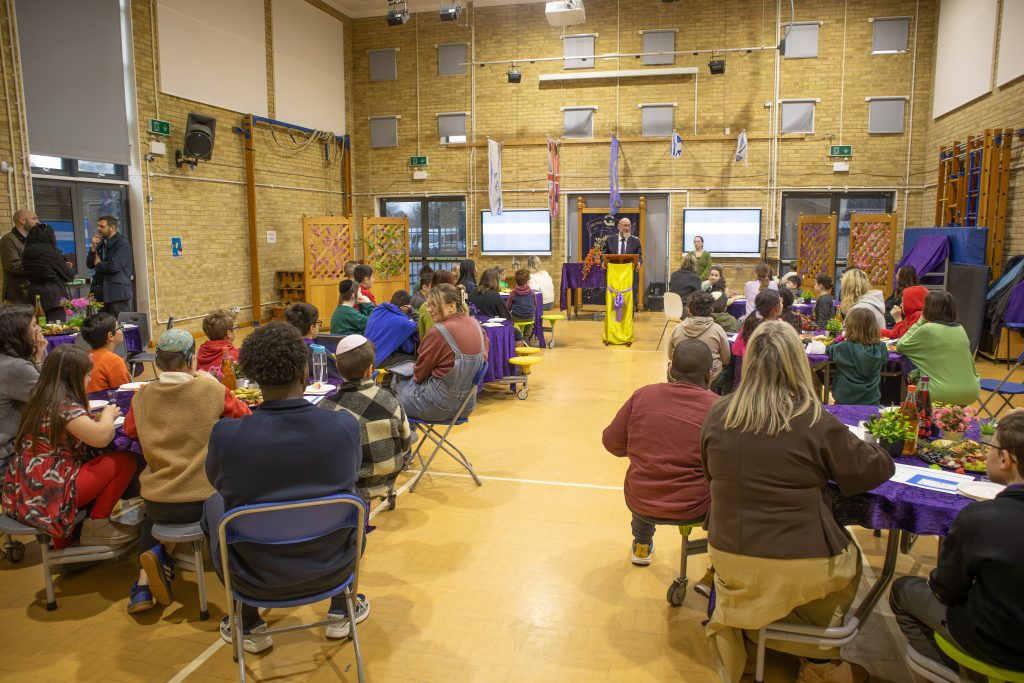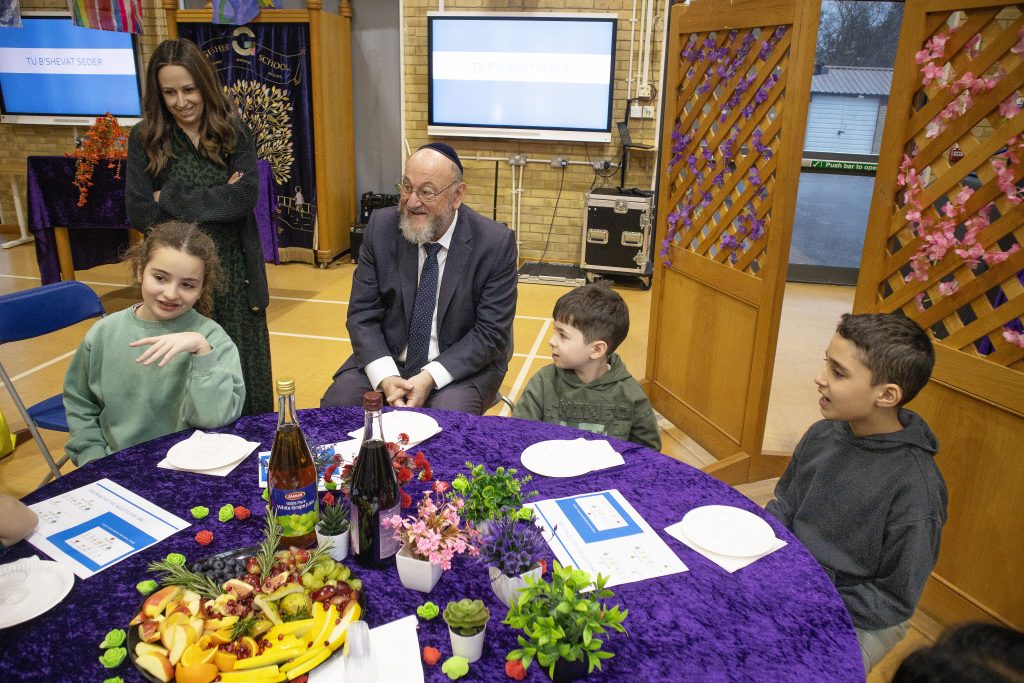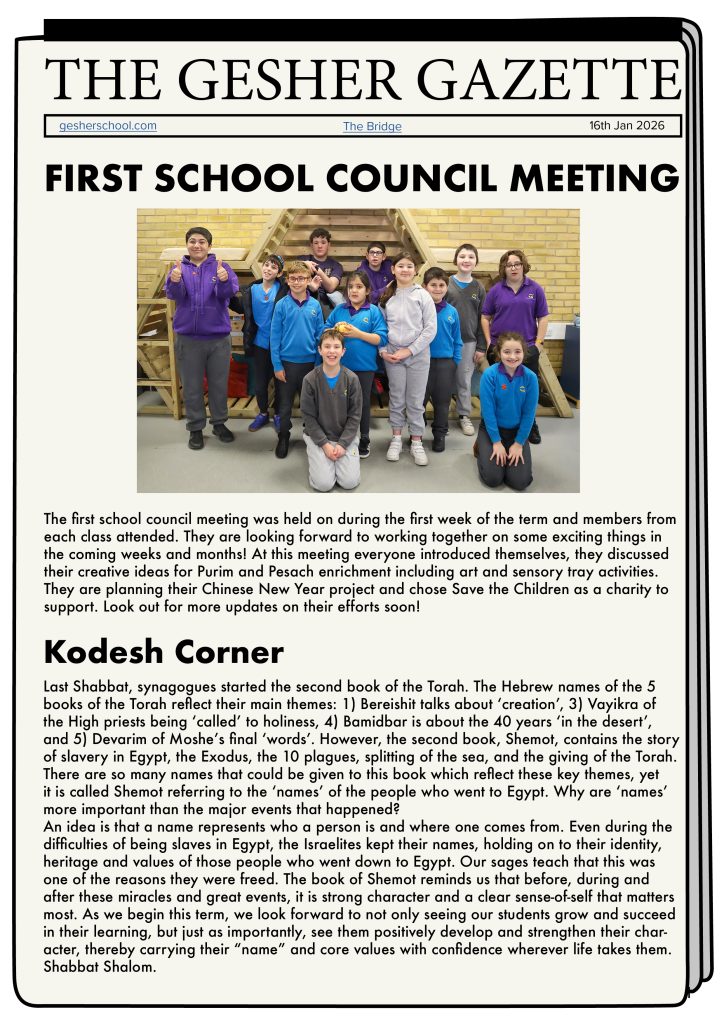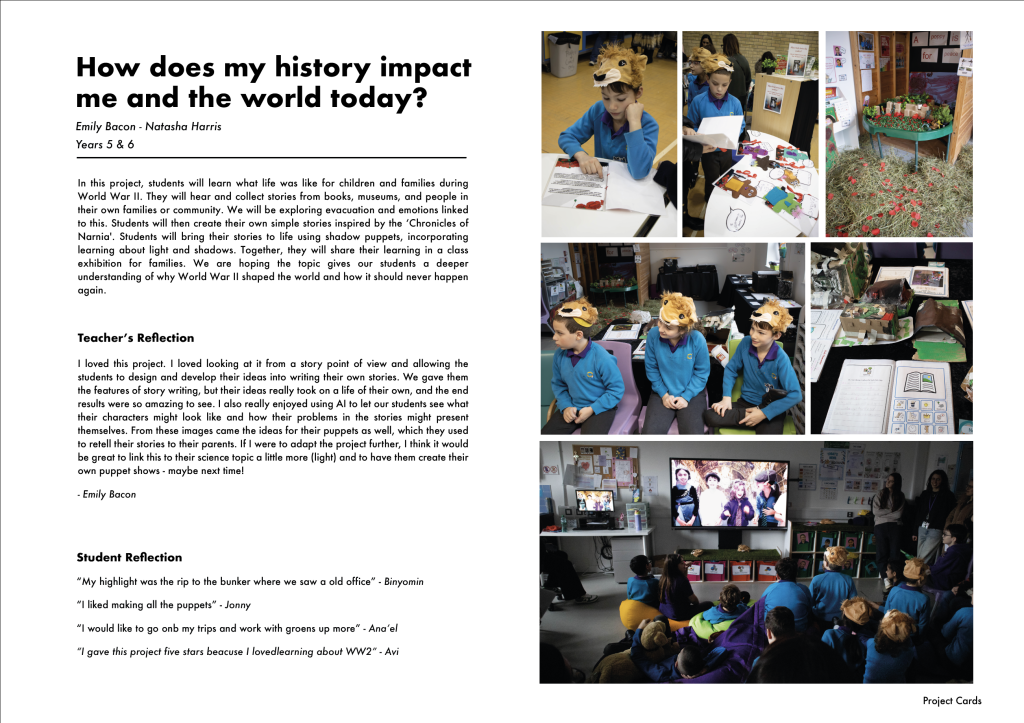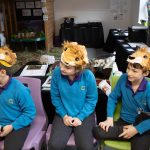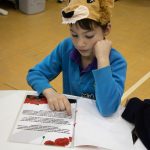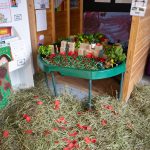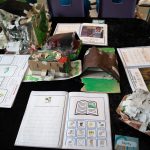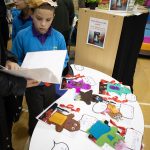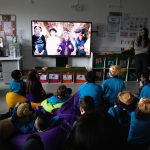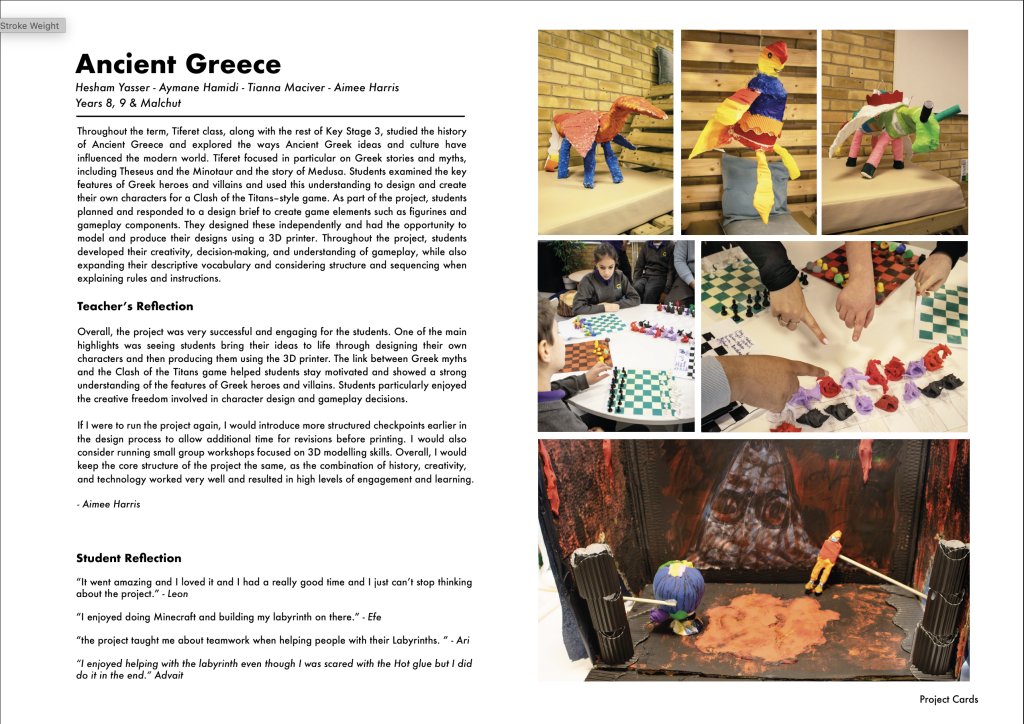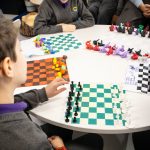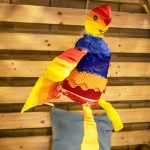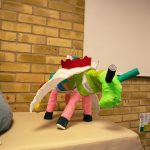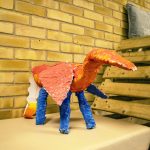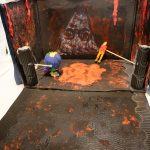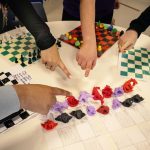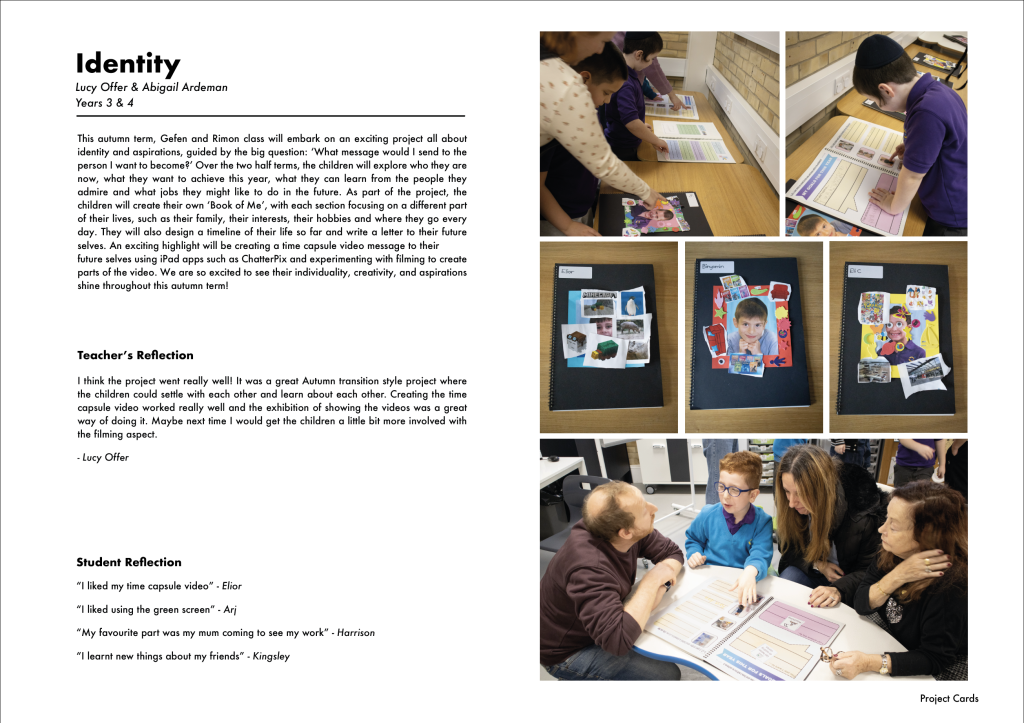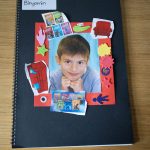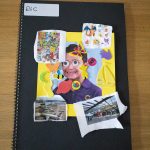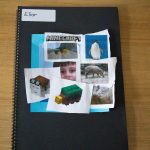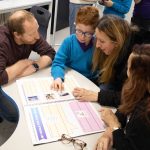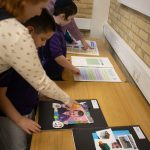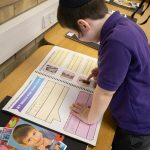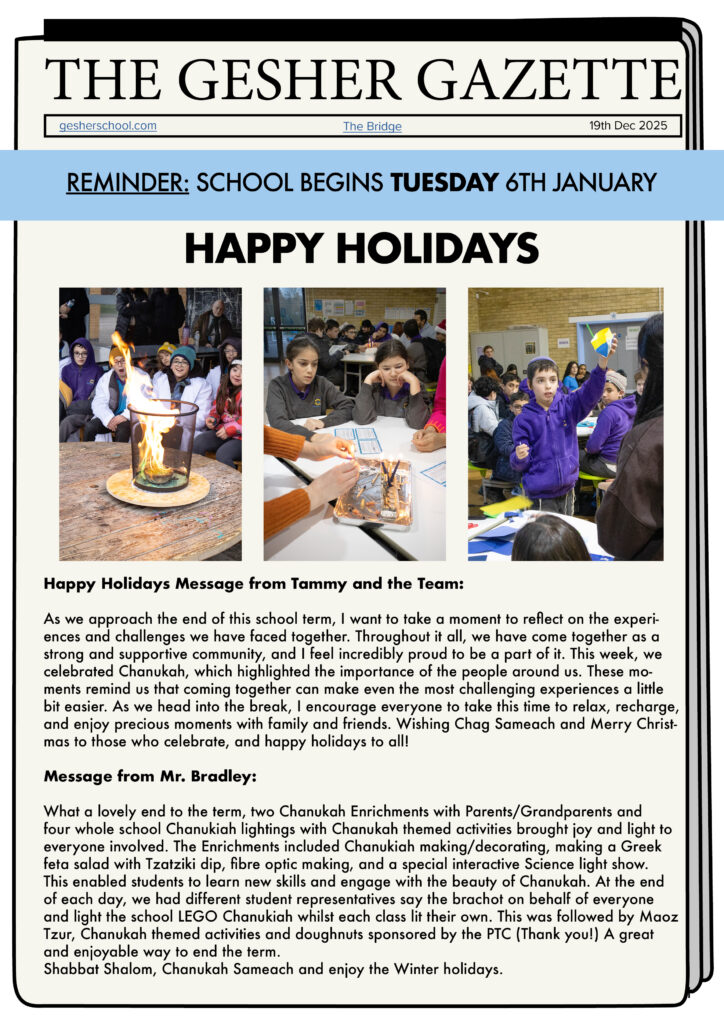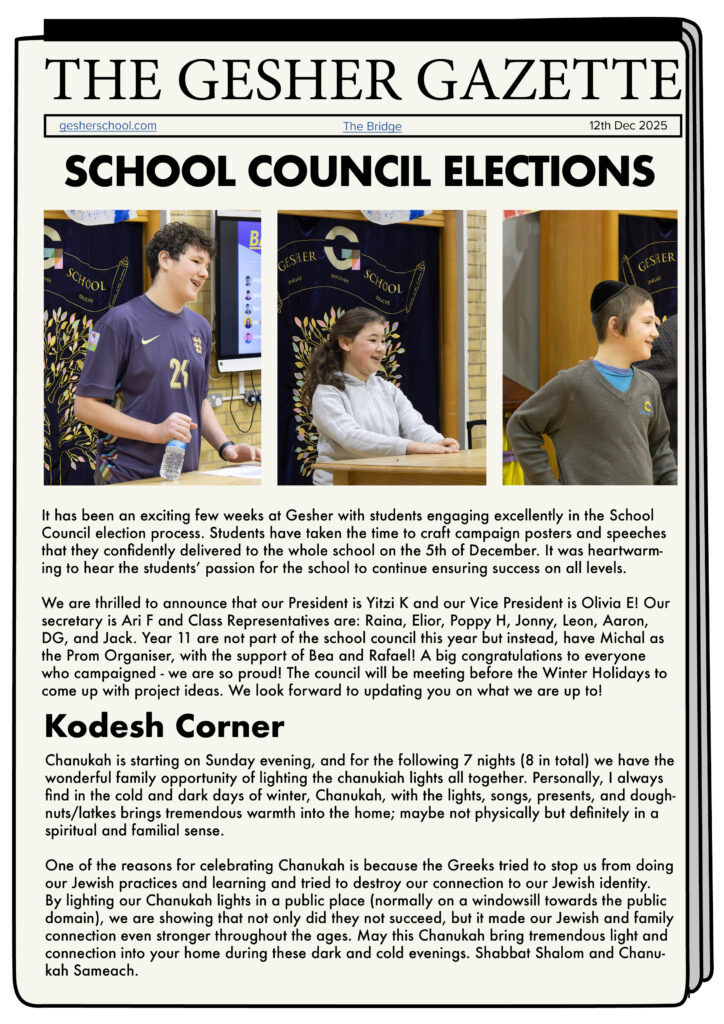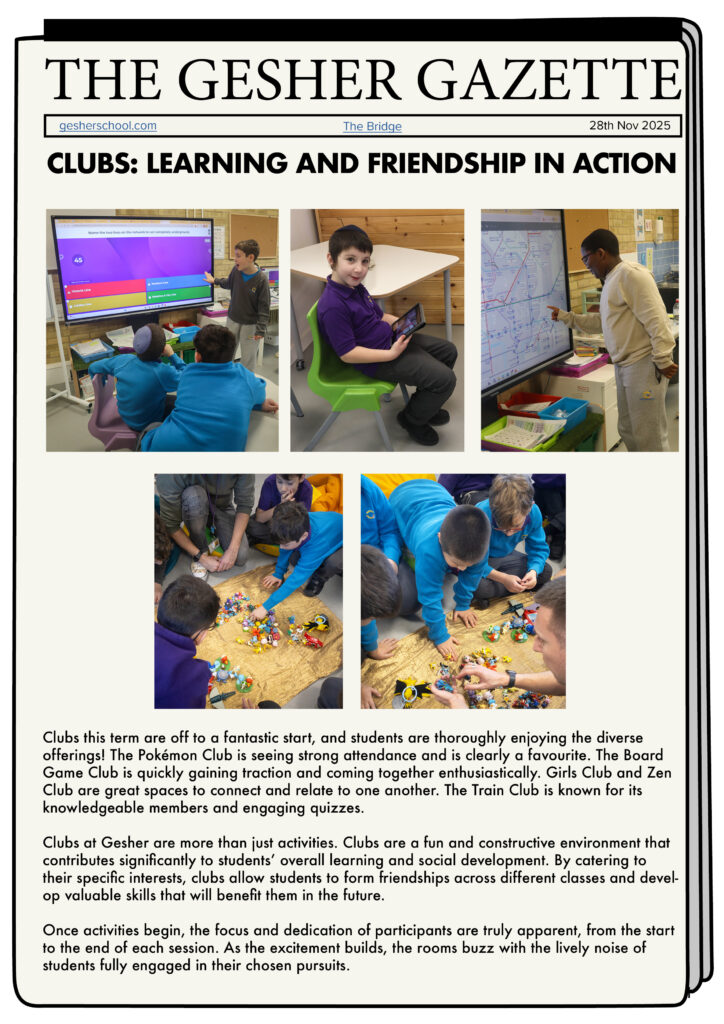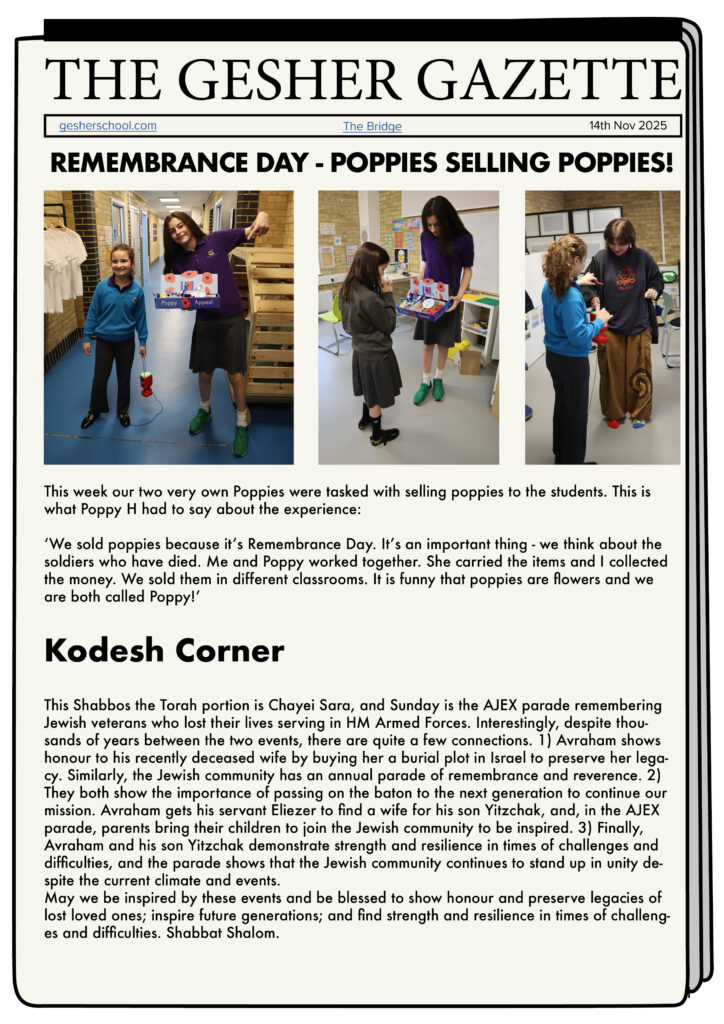Hiring: SEND Secondary Classroom Teaching Assistant
Required for: ASAP
Hours and Pay: Monday-Friday, 8am-4pm, competitive salary.
We are looking for a highly motivated and dynamic individual for a Secondary Teaching Assistant role at Gesher. As a Teaching Assistant you will work collaboratively with teaching staff to deliver an inclusive, engaging, and nurturing educational experience rooted in our relational ethos and commitment to Project-Based Learning (PBL). You will support the holistic development of the individual pupil both in and outside the classroom, helping them grow as confident, independent learners and active members of the school community.
The post holder will:
-
Work under the instruction and guidance of teaching staff to implement agreed programmes of work with the individual pupil, in or out of the classroom
-
Provide care and support for the pupil, to ensure their safety and well-being
-
Encourage enjoyment, enthusiasm, and independence in learning
-
Contribute to the development of confident, caring pupils who show a sense of responsibility and pride in themselves and the school
-
Assist in the provision of a welcoming, stimulating environment
-
Assist in the smooth running of the school
-
Have access to a wide range of CPD across the school to support growth and self development which can be applied in classrooms
Gesher School is a unique all-through school providing a specialist, meaningful and functional learning environment for young people with special educational needs. This includes language, communication and social pragmatic difficulties. We have a specialism in autism spectrum challenges (ASC).
Young people are at the heart of Gesher School, where we foster a sense of belonging and community. Our school offers a happy, safe, friendly, and stimulating environment in which young people are supported to learn, interact and have fun. We believe that all young people have the potential to achieve, but that every child is individual and requires a tailored, young person-centred approach to learning.
The Gesher approach is warm, friendly and nurturing. Emotional health and resilience, developing young people’s independence and learning, is at the core of our vision.
At Gesher we provide:
- Opportunities that enable young people to thrive as we want our children to be ambitious about achieving their full potential
- A collaborative learning team around every young person to support each young person’s learning needs and maximise meaningful learning opportunities
- A therapeutic team that works together with families to nurture and support young people’s emotional, social, and academic development
- A partnership with families to improve the lives and life chances of young people with SEND by ensuring that they are healthy, stay safe, enjoy and achieve, make a positive contribution, and experience the wider community
Being part of our learning community, you will be able to use your creativity and shape the way our school provides excellent learning opportunities for our young people.
For further information, please visit www.gesherschool.com.
To apply, please complete an application which can be found here.
Please, complete and return your application to [email protected]. CVs will not be accepted.
Interviews will be organised on a rolling basis. This ad may be withdrawn as a suitable candidate is identified.
Diversity is a core value of Gesher School. We believe the power of diversity enriches all of us by exposing us to a range of ways to understand and engage with the world, identify challenges, and to discover, design and deliver solutions. As such, we actively encourage people from a variety of backgrounds to apply for roles at our school.
Gesher School is committed to safeguarding young people and staff. Successful candidates will be subject to an enhanced DBS check.
